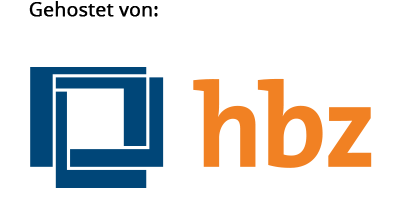patrimoine culturel et gastronomique oder épouvantable cruauté?
Konkurrierende Narrative und Konzeptualisierungen in der französischen Debatte um die Stopfleberproduktion
Abstract
Kaum ein Symbol der französischen Gastronomie ist einerseits so stark im kulinarischen Brauchtum verankert und ruft andererseits so starke öffentliche Kontroversen hervor wie der foie gras: Für die einen bleibt er die ultimative Weihnachtsdelikatesse, für die anderen ist der gavage das prototypische Beispiel für quälerische, per se unethische Ausbeutung von Tieren. Im Beitrag werden zwei Teilkorpora aus dem französischen Sprachraum analysiert, zum einen Schlüsseldokumente der Stopfleberproduzenten, die nicht nur die kulinarischen Qualitäten ihres Produkts loben, sondern dessen Herstellung als naturnahen Prozess konzeptualisieren, zum anderen die strategische Kommunikation der Gegner, die mit dem Argument des Tierschutzes im Besonderen die Stopfleberproduktion, vielfach auch jede Form des Fleischkonsums oder tierischer Produkte insgesamt ablehnen. Das Augenmerk wird auf den unterschiedlichen Konzeptualisierungen sowie den jeweiligen Argumentationsstrategien liegen. Dabei wird auch zu untersuchen sein, inwiefern Hochwertbegriffe des ‚Natürlichen‘ unterschiedlichen Schlagwortprogrammen und kognitiven Rahmungen unterliegen.



